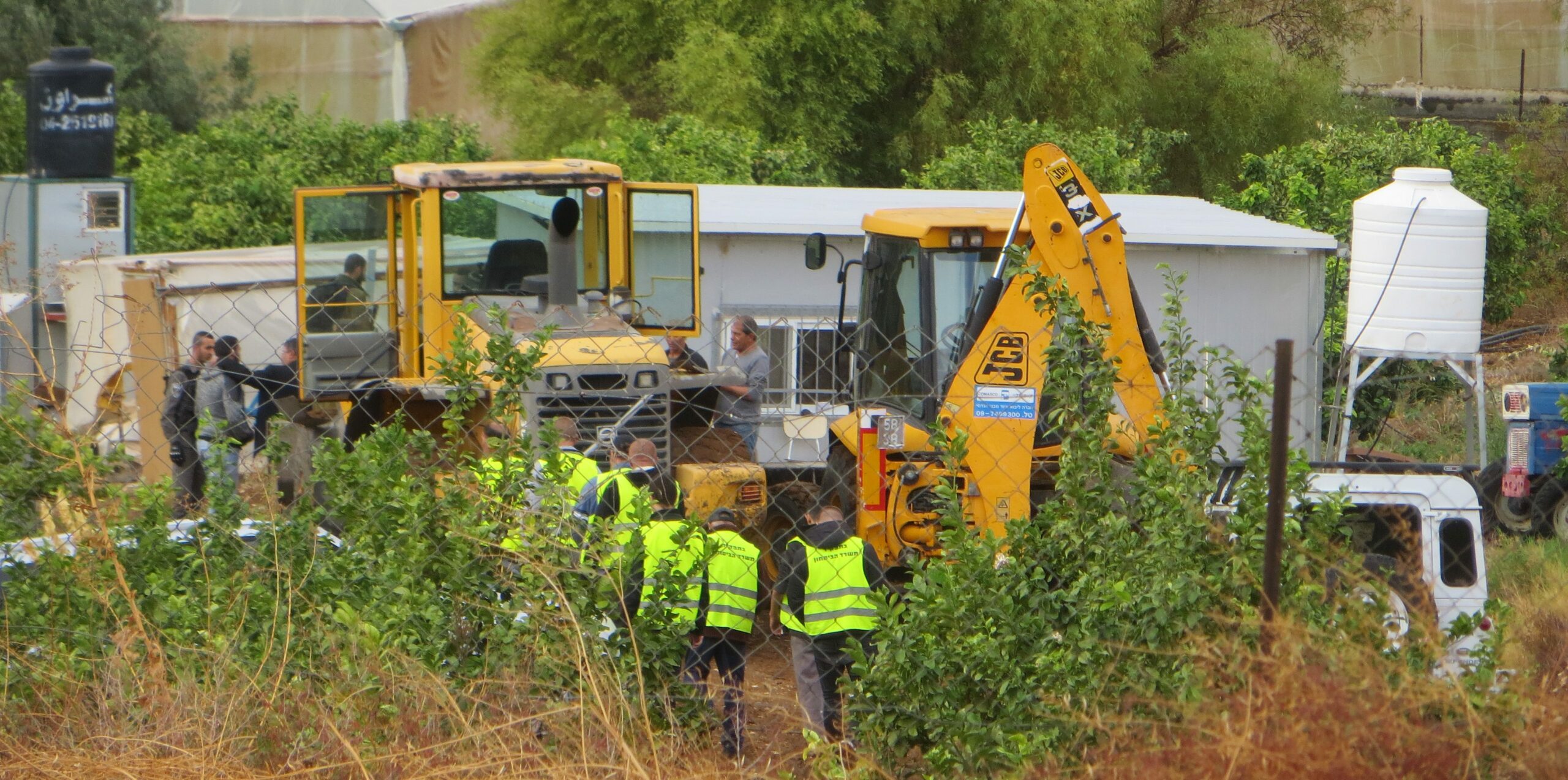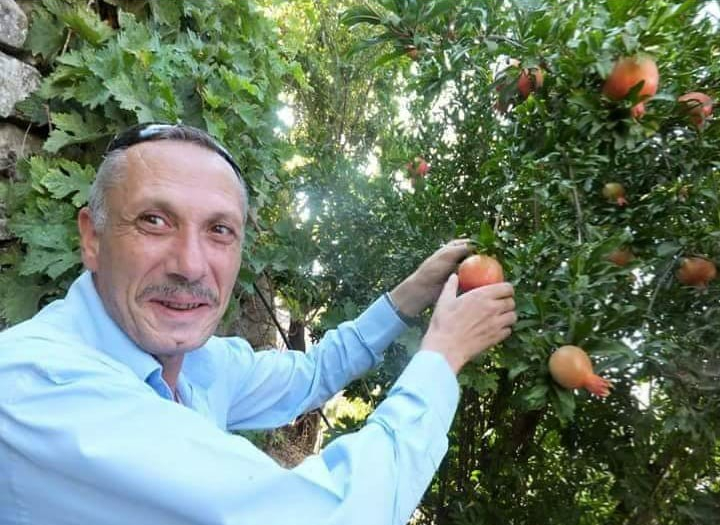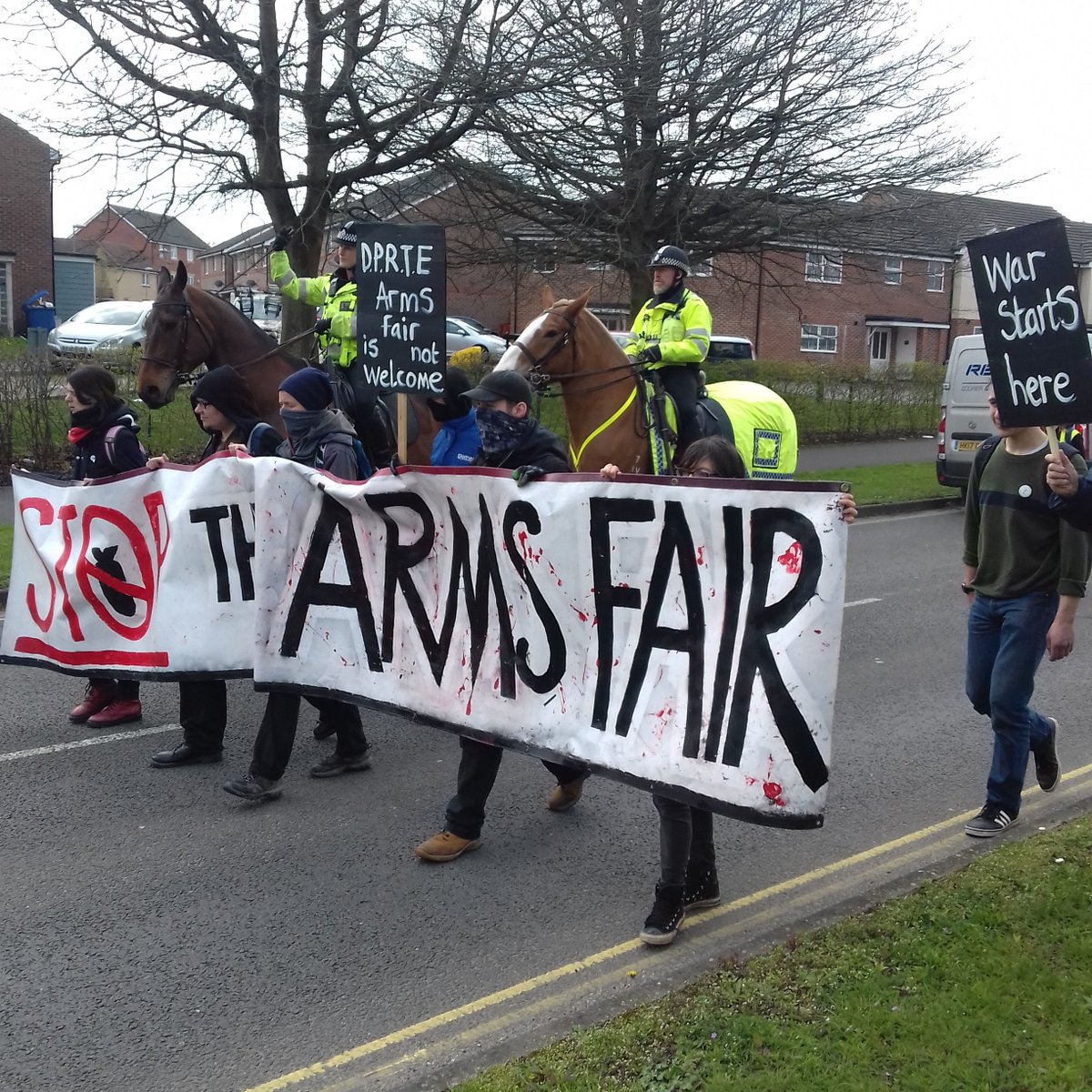By Michael Deas, European Coordinator of the Palestinian Boycott Divestment and Sanctions National Committee
Israeli apartheid is big business. Israeli and international arms companies profit not only from supplying the huge Israeli military machine but also by successfully marketing their products, having been used against Palestinians, as ‘battle-tested’.
Meanwhile, massive state and private funding for the Israeli settler movement ensures that there is always money to be made from building and providing infrastructure and services to illegal, Jewish-only settlements in occupied Palestinian territory. International companies continue to expand into the Israeli market, despite its persistent violations of international law and subjugation of the indigenous Palestinian population.
One of the ways in which the Palestinian-led boycott, divestment and sanctions (BDS) movement has been targeting such companies and pressuring Israel and the international community to ensure the implementation of Palestinian rights, is with international divestment campaigns. Such campaigns typically target the Israeli companies and complicit international corporations that provide Israel with much-needed tax revenue and implicit political support by pressuring public bodies and private companies to sell their stake in them.
For instance, the Belgian-French financial group Dexia has been successfully targeted by a huge popular campaign that focused on the loans the group has provided to at least 51 illegal Israeli settlements to the tune of nearly 40m euros. Belgian activists picketed Dexia offices and branches, organised dozens of public meetings and ensured that more than 10,000 protest cards were sent to the corporation’s headquarters. Several creative actions were also held at Dexia AGMs. Having established a clear link between Dexia and the occupation, the campaign was able to mobilise the support of over 42 local councils – all Dexia shareholders – as well as Belgian parliamentarians and civil society groups in France, Luxembourg and Turkey, all key markets for Dexia. Following a two-year-long and highly visible campaign, Dexia announced in April 2011 that it had instructed a merchant bank to find a buyer for its Israeli subsidiary.
The efforts to persuade the Norwegian state pension fund to sell its shares in three Israeli companies took an entirely different form. Stop the Wall, the grassroots Palestinian anti-apartheid wall campaign, and Norwegian and Israeli organisations provided detailed research and held closed-door meetings with the Ethics Committee of the Norwegian Ministry of Finance about the role played by arms company Elbit Systems and settlement construction firms Africa Israel Investments and Danya Cebus.
When the Norwegian government took the step to exclude Elbit Systems from its investment portfolio over the role the company has played in the construction of Israel’s illegal Apartheid Wall in 2009, it set the standard for state attitudes towards corporate complicity with Israel’s violations of international law. The subsequent exclusion of the two settlement construction companies provided additional momentum to popular campaigns in the UK targeting Africa Israel.
The campaign against the French multinational, Veolia, is perhaps the most visible and effective BDS initiative to involve divestment. Veolia is helping build and operate the Jerusalem Light Rail, which will link illegal settlements in occupied Palestinian territory with Israel when it opens later this year. The tramway is explicitly designed to cement Israel’s grip on the illegal settlements and tie them more firmly to the state of Israel. Veolia also provides transport and waste services to settlers in occupied territory. Careful and expert lobbying that made Veolia’s complicity clear led to pension funds in the Netherlands, Sweden and Denmark excluding Veolia from their investment portfolios. This, in turn, greatly strengthened the popular campaigns that have successfully pressured scores of local councils in the England, Wales, Scotland, Ireland, Australia and Sweden not to award Veolia service provision contracts.
The exclusions from pension funds and the more than 10bn euros that Veolia has lost due to lost local council contracts eventually forced Veolia to announce its intention to sell its stake in the Jerusalem Light Rail. Unable to find a similarly experienced buyer – and presumably because no other corporation wants to be targeted by a highly successful BDS campaign – Veolia has been forced to ask the Israeli government to allow it to sell its stake to a relatively small Israeli company, in contravention of the terms of the project contract, which stipulated that Veolia could only be replaced by a company of a similar size. Nevertheless, the campaign against Veolia will continue until it has completely ended its role in the Jerusalem Light Rail and all other projects in the Occupied West Bank, and until Veolia is forced to admit responsibility for its actions and is held accountable accordingly.
Activists are sometimes understandably sceptical about the utility of ‘appealing’ to the conscience of states or huge financial institutions. But by matching closed-door lobbying with popular campaigns and direct action, and making a tactical decision to focus on those companies that are most deeply complicit with Israel’s violations of international law, the BDS movement has been able to avoid the problems usually associated with divestment campaigns and to achieve concrete and significant victories. The BDS movement is showing corporations that there is a high price to pay for complicity with Israeli apartheid. Increasingly, it simply doesn’t make good business sense to support Israel’s oppression of Palestinian rights.
Most significantly, each campaign victory chips away at Israel’s carefully crafted image as a country like any other and exposes it as state that practises occupation, colonisation and apartheid. It also forces Israeli society to engage with issues relating to Palestinians being denied their basic rights. Divestment initiatives are likely to continue to be an important part of the Palestine solidarity movement until the demands of the Palestinian call for BDS are met: until Israel ends its occupation and dismantles its apartheid wall, until the Palestinian citizens of Israel enjoy full equal rights, and until the six million Palestinian refugees are able to return to their homes.



0 Comments